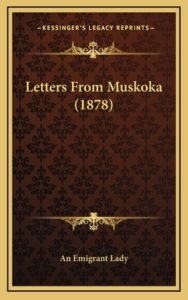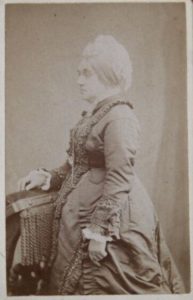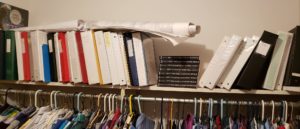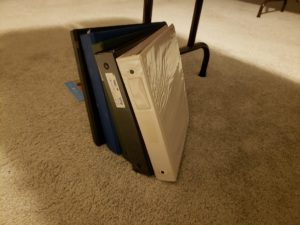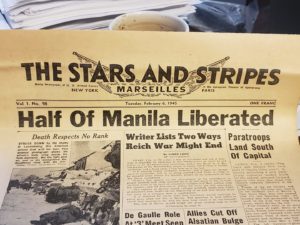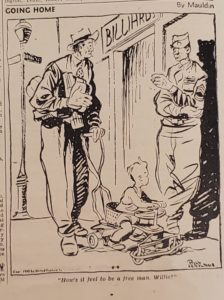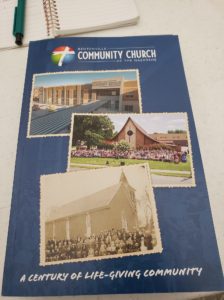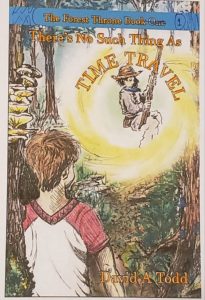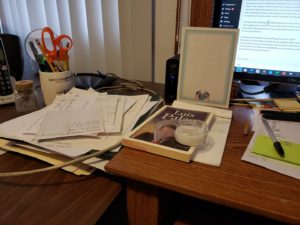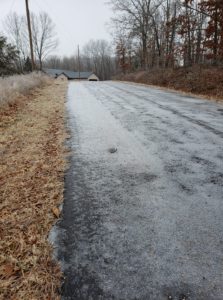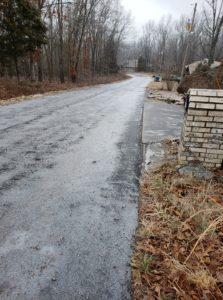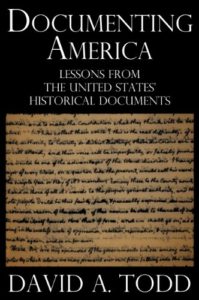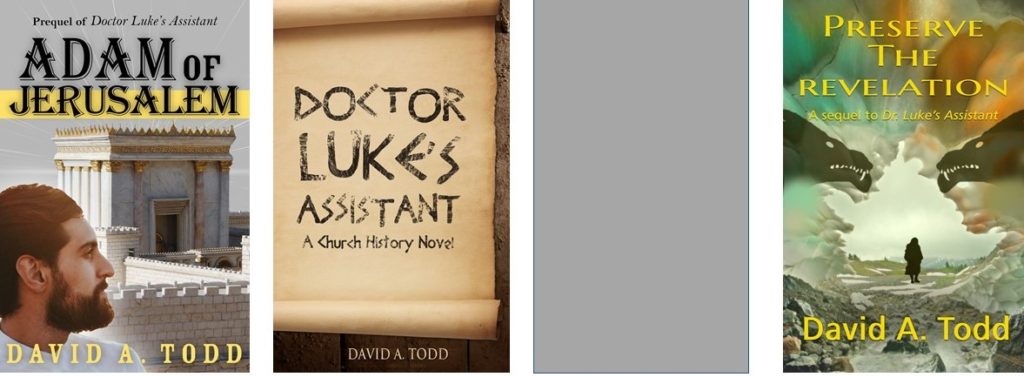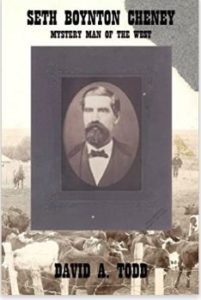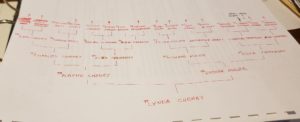
There have been times in my life when I got a foreboding that I was doing something for the last time.
The first time it happened was when I flew out of Boston in 1990. We were back in the USA after Iraq invaded Kuwait, living back in Asheboro NC, waiting for the situation to clear. I took temporary employment with Metcalf & Eddy in a Boston suburb, and flew up once a month for a three-week stay in their guest house. I flew back to NC in November and, as we looped around the city after takeoff from Logan airport, I remember thinking, will I ever see Boston again?
The was probably foolish thinking. I was only 38 years old. My dad and brother still lived in Rhode Island. I should have realized I would have many more times to be in Boston. But that was the feeling I had.
The next time was leaving Kuwait in July 1991, out of the severely damaged airport. That was an accurate foreboding, as I’ve never gone back there.
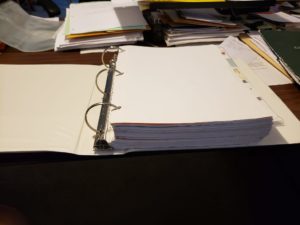
It happened in 2010 when I was in Rhode Island for my 40-year high school reunion. My brother was hospitalized. He looked awful. A new health problem had recently developed, compounding three other major problems. I remember thinking as I left the hospital that I thought he had less than 5 years to live. In fact, he didn’t make two years, and my premonition was correct.
Now that I’m a lot older, I get those forebodings more frequently. Every time we make a trip to a home town or old haunt, I can’t help but think, “Will I ever see this place, or these people, again?”
But I generally can put those thoughts out of my mind. Is this the last car I’ll ever own? Is this my last big vacation? Is this my last long-distance drive? Yes, I set those thoughts aside and concentrate on what I have.
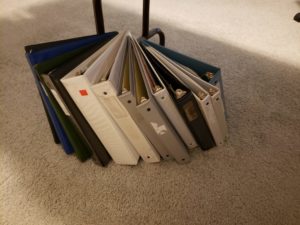
I had just such a foreboding yesterday. Not about people or places but about a thing. Or actually a bunch of things: my genealogy research papers. I think I’ve mentioned this on the blog before, at least in the Progress and Goals posts. I had a lot a lot of genealogy papers. I made it a practice to write everything down as I researched. I came up with filing systems and reorganized. Then, as the 3-ring binders seemed to reproduce themselves like fruit flies (but taking up much more space), I carved out a shelf in my closet for them. Six feet of glorious space to put notebook after notebook.
Except the shelf filled and I had to lay some horizontally on top of the others. Then, my interests began to change and I spent much more time on writing than on genealogy. So many of my notes were incomplete. Even as research became easier as more and more records were placed on the internet, many for no-cost searching, I did less and less.
Every now and then I’d hear from a relative, the old obsession would rear up and I’d research in a frenzy for a week or two then…back to writing, with another twenty or thirty papers stuffed into an already over-stuffed notebook.
Now, as we are in the process of disaccumulating in advance of a future downsizing, as I looked around for what I could get rid of next, I spied the shelf in the closet and realized that row of notebooks were something I couldn’t keep.
But what to get rid of, what to keep? What to save, what to trash? How to get rid of the bulk of those papers without destroying my research, just in case someone in the future cared to know what I had learned about the family?
I’ll try to make this short. I first went through the notebooks and pulled out any sheet with a name on it that had no further information. To recycling. Next I took a hard look at some family lines that I had a little research on but which I never did a whole lot of research on. Out they went. This, if I remember correctly, got rid of three notebooks after consolidation.
That left around 25 notebooks—still way too much. I knew I had to digitize these papers and save them to the computer. But how to do it, and how to save them so that they would be findable in the unlikelihood they would ever be needed again, either by me or by a descendant?
I had only recently discovered that my printer was also a scanner, and that it had options such as scan to PDF, jpg, or to text. I had already been using it to scan printout of letters and e-mails. I could just shift a little and use it for genealogy papers.
That’s what I’ve been doing for a lot of 2023. I made it a goal to scan and trash 10 sheets a day from the notebooks. That would be over seven reems of paper in a year. It took me a while to get going. I figured out a way to save everything digitally so that I could find everything again. About five more notebooks into the process, I realized my filing system was a bit cumbersome and was slowing down the work. It took me a week or two of experimentation before I figured out a better way.
With that better way, and with old Betsey (the name I just gave to my scanner) cranking away, I discovered I could easily scan and trash 20 sheets a day, taking relatively little time. Now I was up to close to 15 reems a years. That would make a real dent on that closet shelf.
Yesterday was a catching up day. I scanned 57 sheets and filed the electronic files. That emptied one more binder. I set it on the floor under my worktable with the others, all waiting to be carried out of The Dungeon and to the garage staging area for things to be donated. Right now it’s 13 notebooks. I’ve already donated a few earlier in the year, and I think it’s 18 that have been cleaned out and declared surplus.
Ah, but I was talking about forebodings. Yesterday, as I scanned and filed all those papers—many showing incomplete research, I got the sense that I might never see them again. Will the time arise that will allow me to expand the research? And will it come to a point where I no longer care?
So that’s where I’m at today. Did I save my “darlings”, or kill them, as Hemingway famously advised writers to do? Time will tell.
